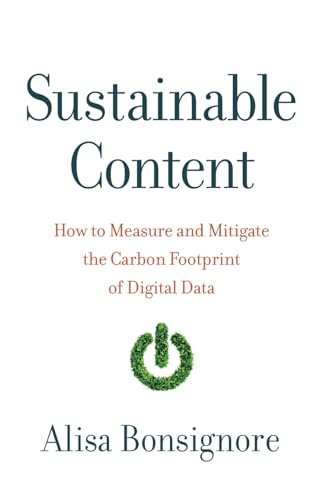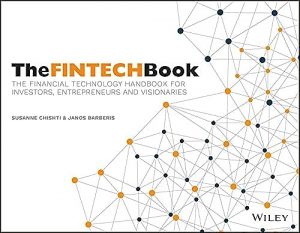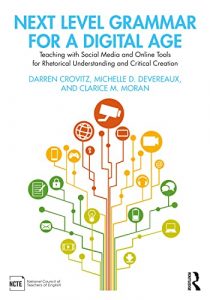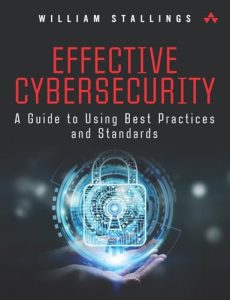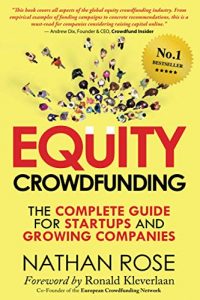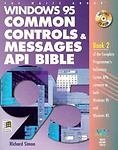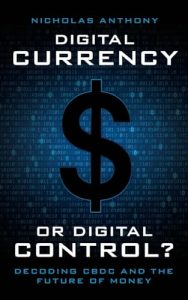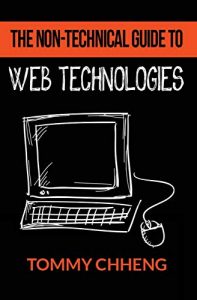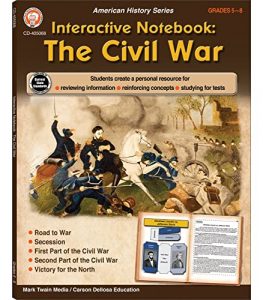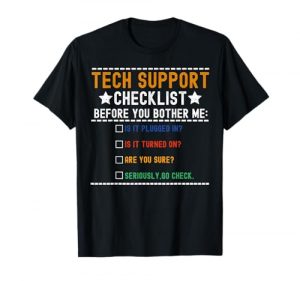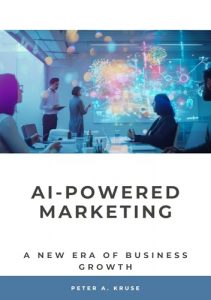1. Sustainable Content: How to Measure and Mitigate the Carbon Footprint of Digital Data
Author: Alisa Bonsignore
In an age where digital content is ever-present, understanding its environmental impact is crucial. “Sustainable Content” offers an insightful examination of the carbon footprint associated with digital data. This book empowers content creators to measure and mitigate their digital emissions, enabling them to contribute positively to the environment while enhancing their brand’s reputation. Alisa Bonsignore provides actionable strategies that are not only good for the planet but also resonate with the increasing consumer demand for sustainability. A must-read for anyone who produces digital content.
2. Content Marketing for Nonprofits: A Communications Map for Engaging Your Community, Becoming a Favorite Cause, and Raising More Money
Author: Kivi Leroux Miller
This essential guide caters specifically to nonprofits, providing them with a framework to effectively engage with their communities. Miller’s insights into content marketing strategies help nonprofits become more relatable and successful in raising funds. The communication map outlined in this book is a roadmap for nonprofits to enhance their storytelling abilities and reach their objectives more efficiently. If you’re involved in a nonprofit organization, this book is indispensable for aligning your communication strategies with effective fundraising initiatives.
3. CAPTURING VALUE: The Definitive Guide to Transforming SaaS Pricing and Unshackling Growth
Author: James D. Wilton
This comprehensive guide is pivotal for anyone involved in the SaaS industry. Wilton breaks down complex pricing models and strategies, providing clarity on how to effectively price SaaS offerings. In doing so, he highlights case studies and examples that showcase real-world applications of his theories. Businesses looking to scale will find invaluable advice that is essential for unlocking growth potential and maximizing revenue. A definitive resource for entrepreneurs and business leaders alike.
4. Designing Accessible Learning Content: A Practical Guide to Applying Best-Practice Accessibility Standards to L&D Resources
Author: Susi Miller
In an educational landscape that champions inclusivity, this guide is a cornerstone for those involved in learning and development (L&D). Susi Miller outlines practical steps and strategies to design learning content that meets best-practice accessibility standards. This resource not only benefits educators but also ensures that all learners have equitable access to educational materials. A vital read for anyone committed to fostering inclusive learning environments.
5. Digital Content Management and Collaboration: Content Curation and Collaboration Tools and Strategies for Small Project Teams (2nd edition)
Author: Yana Elius
This updated edition focuses on the challenges faced by small project teams in digital content management. Elius provides insights into effective curation and collaboration tools that streamline project workflows. This book is filled with practical tips and strategies that enhance productivity and foster teamwork, making it a valuable asset for small teams looking to maximize their output while minimizing stress.
6. Teaching Content Management in Technical and Professional Communication (ATTW Series in Technical and Professional Communication)
Author: Tracy Bridgeford
This book is an essential resource for educators in the fields of technical and professional communication. Bridgeford shares effective pedagogical approaches to teaching content management principles in various communication scenarios. It offers real-world examples and best practices that can easily be incorporated into curricula, making it an outstanding resource for educators who aim to cultivate their students’ content management skills.
7. Microsoft SharePoint Premium in the Real World: Bringing Practical Cloud AI to Content Management (Tech Today)
Authors: Jacob J. Sanford, Woodrow W. Windischman, Dustin Willard, Ryan Dennis, Chris McNulty
This collaborative guide sheds light on the dynamic functionalities of Microsoft SharePoint for content management. The authors delve into the practical applications of Cloud AI technologies that enhance productivity and efficiency in managing organizational content. This book is a treasure trove for organizations that wish to optimize their SharePoint use and harness the power of contemporary technology for content management.
8. Managing Enterprise Content: A Unified Content Strategy (Voices That Matter)
Authors: Ann Rockley, Charles Cooper
This book presents a unified approach to enterprise content management, underscoring the importance of strategic planning in managing digital content across organizations. Rockley and Cooper share valuable frameworks that guide readers in creating cohesive content strategies that enhance consistency and availability. This profound insight is critical for organizations aiming to elevate their content management practices and align them with overall business goals.
9. The New Rules of Marketing & PR: How to Use Content Marketing, AI, Social Media, Podcasting, Video, and Newsjacking to Reach Buyers Directly
Author: David Meerman Scott
Scott revolutionizes the way we understand marketing and public relations in the digital age. “The New Rules of Marketing & PR” offers exclusive insights into the power of content marketing and the trends shaping the industry. He emphasizes the role of AI, social media, and multimedia in crafting effective marketing strategies that directly connect with consumers. This book is not only informative but also an inspiring call to action for marketers.
10. The One Hour Content Plan: The Solopreneur’s Guide to a Year’s Worth of Blog Post Ideas in 60 Minutes and Creating Content That Hooks and Sells
Author: Meera Kothand
This guide is a practical solution tailored for solopreneurs overwhelmed by the content creation process. Kothand teaches readers how to brainstorm compelling blog post ideas efficiently and develop a content calendar that ensures consistent engagement with their audience. Not only does it save time, but it also instills confidence in solopreneurs as they navigate the competitive landscape of content marketing.

